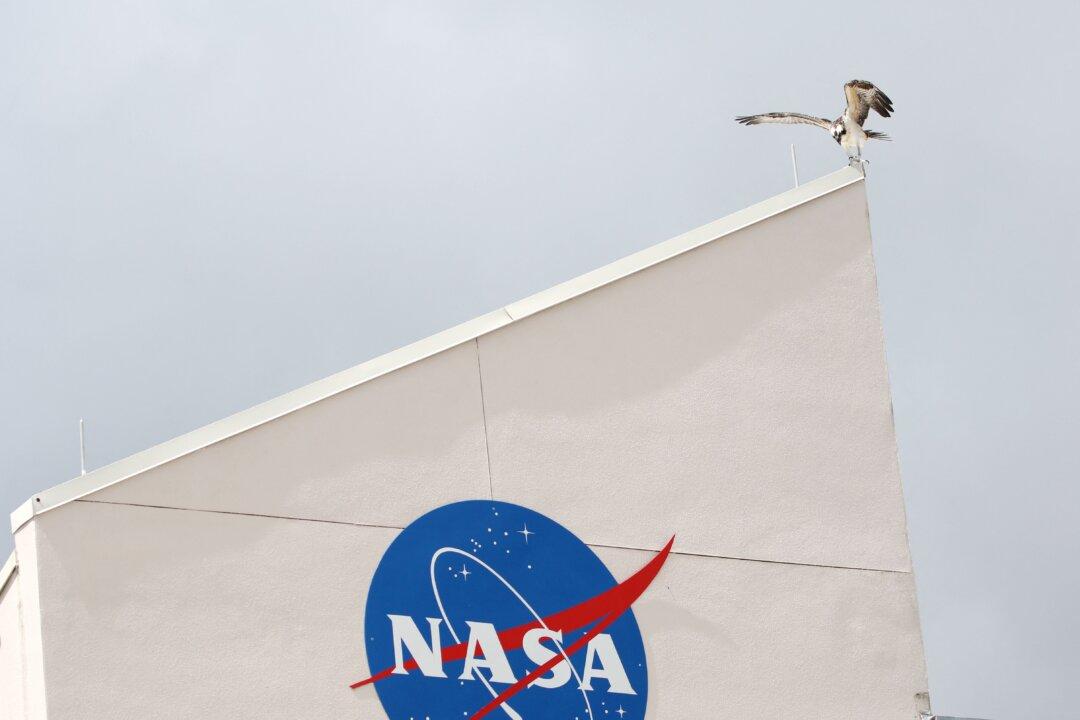The inspector general for NASA told Congress that current spending levels are “unsustainable” if the United States hopes to achieve its goals of returning to the moon and sending astronauts to Mars.
NASA Inspector General Paul K. Martin appeared before the House Committee on Science, Space, and Technology on April 19 as part of a hearing on “Protecting American Taxpayers: Highlighting Efforts to Protect Against Federal Waste, Fraud, and Mismanagement.”





